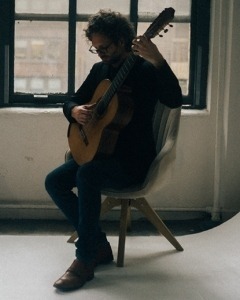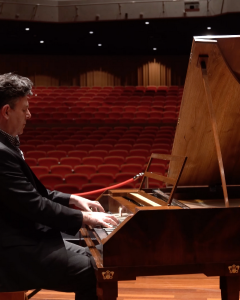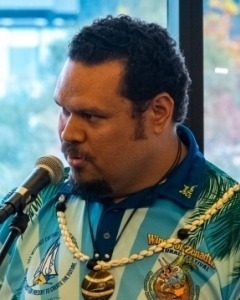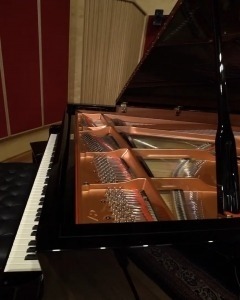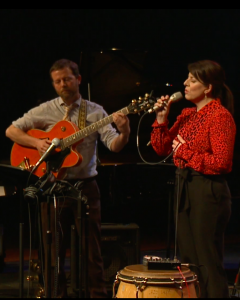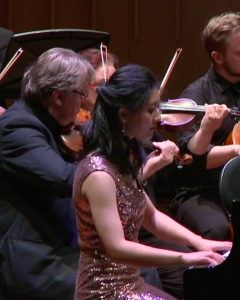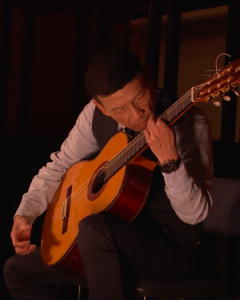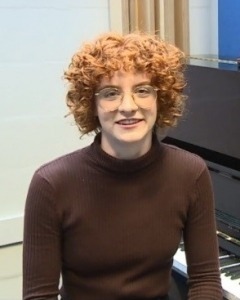Research Seminar: Dr. Liane Gabora
Date & time
Location
Event series
Contacts
SHARE

Title:
A New Approach to Understanding Creativity
Abstract:
I will present the rationale and evidence for a new approach to creativity, and why it has led me to believe that music, and more broadly the arts, are critically important now in 2023. The approach arose through a fusion of cognitive science with first-hand experiences as an amateur composer and fiction writer. According to honing theory, instead of defining creativity in terms of the newness and originality of external products, it is defined in terms of internal recalibration of the worldviews of creator and audience brought about by immersion in a creative practice or performance. Instead of viewing divergent thinking as the ability to generate multiple answers in response to a prompt in a creative thinking task, it is viewed as the capacity to ‘go deep’ through reiterative thought processes that have transformative impacts. I will explain why creative works, and particularly works of music, can provide metaphorical scaffolds for understanding or coming to terms with every aspect of our lives, stimulate new perspectives and innovations, and bring people closer to their essence. Honing theory grew out of a new theory of cultural evolution, which posits that culture evolves through a non-Darwinian process of Self-Other Reorganization (SOR) that involves, not natural selection and competitive exclusion, but cooperative exchange amongst self-organizing, self-mending worldviews. I will discuss what is going on in the brain during insight, the development of a creator’s signature style, or voice, and methods for enhancing creativity that follow from honing theory. I will present evidence for honing theory from empirical studies with musicians, artists, creative writers, and (if there is time) dancers and comedians, as well as computational models.
Bio:
Dr. Liane Gabora is an interdisciplinary cognitive scientist at the University of British Columbia. Her research focuses on how culture evolves, how the creative process works (with an emphasis on concept combination and cross-domain thinking), and how it fuels the evolution of culture, as well as more generally, the different ways in which evolutionary processes could--and do--work. Her Ph.D. thesis was the first publication to introduce a quantum formalism for modeling the contextual nature of concept interactions, and she is the first author of the first paper on this topic. She was the first to develop a computational model of cumulative cultural evolution, to develop an autocatalytic framework to explain the integrated nature of human cognition, and to explain creative insight at the level of neural cell assemblies. Further developments of these ideas, both theoretical and empirical, led to the Self-Other Reorganization (SOR) theory of cultural evolution, and the honing theory of creativity. She has over 200 scholarly publications. She has given lectures worldwide. She is a published fiction writer, and composes music. She is writing a nonfiction book titled Dawn of the Creative Mind and a novel titled Quilandria.
For those outside Canberra
Zoom Link: https://anu.zoom.us/j/88586899500?pwd=clFLNTlwNWlsTnppQWNZdXlXTWE1UT09





